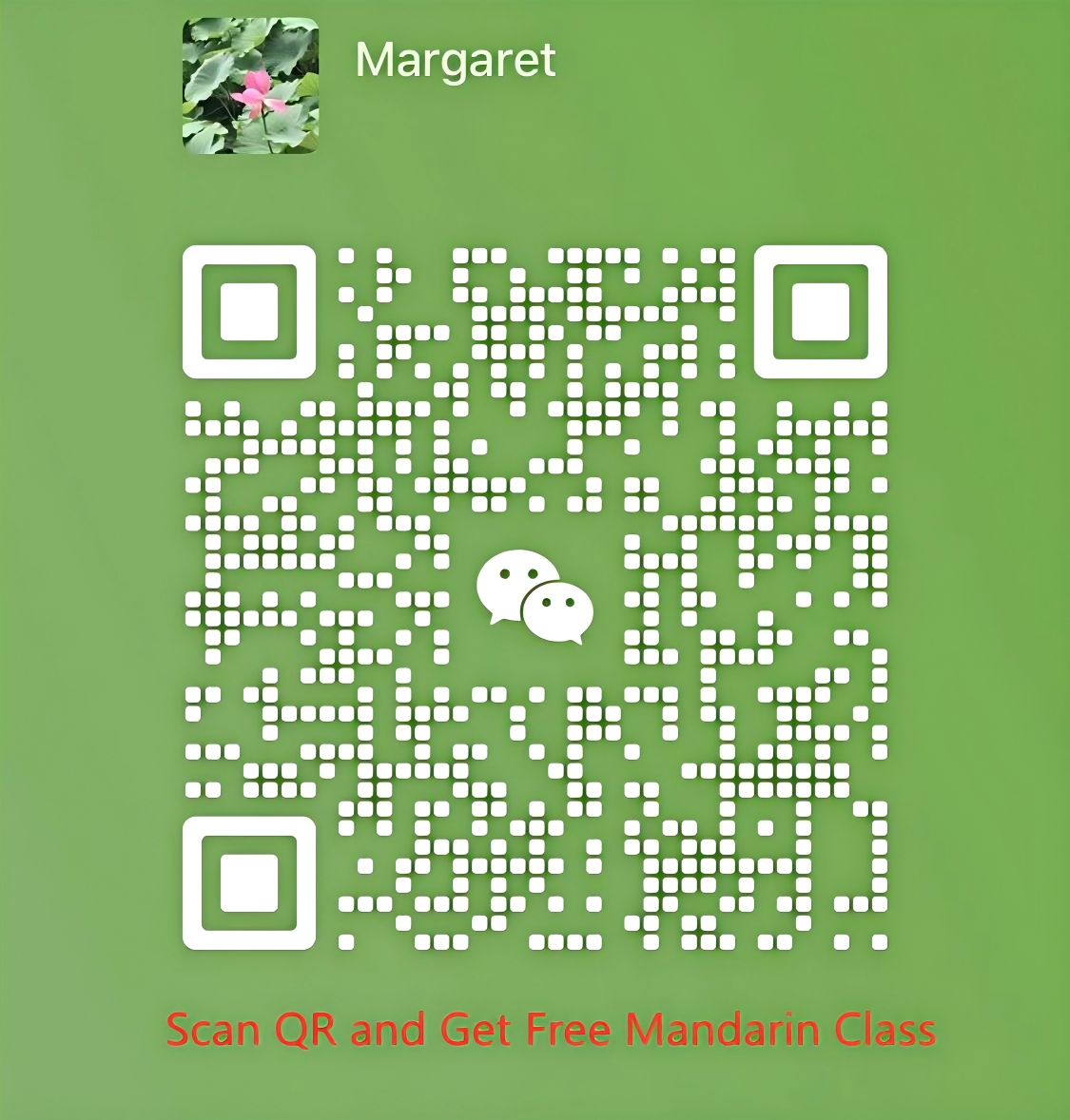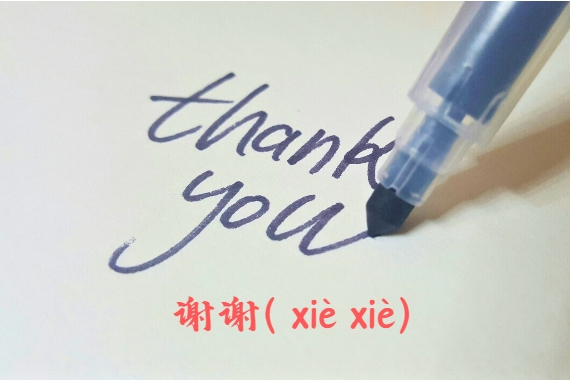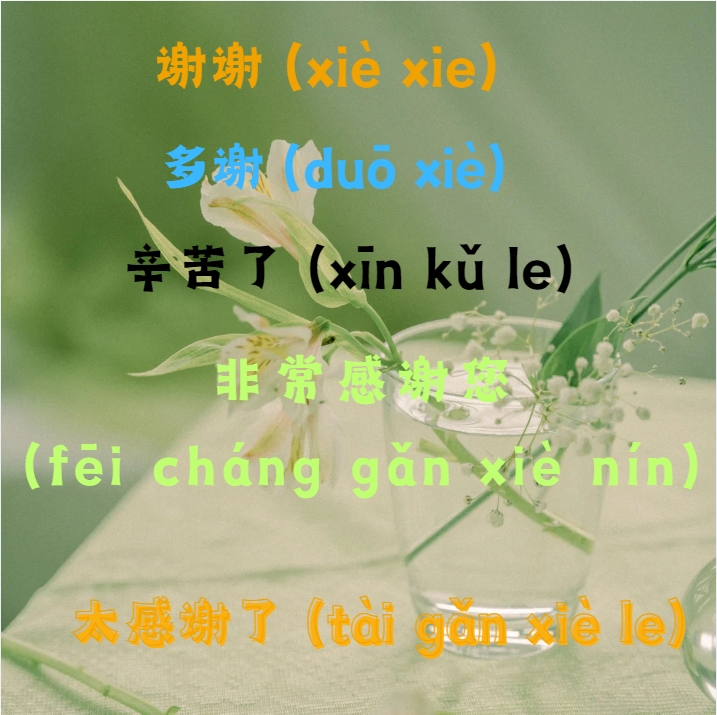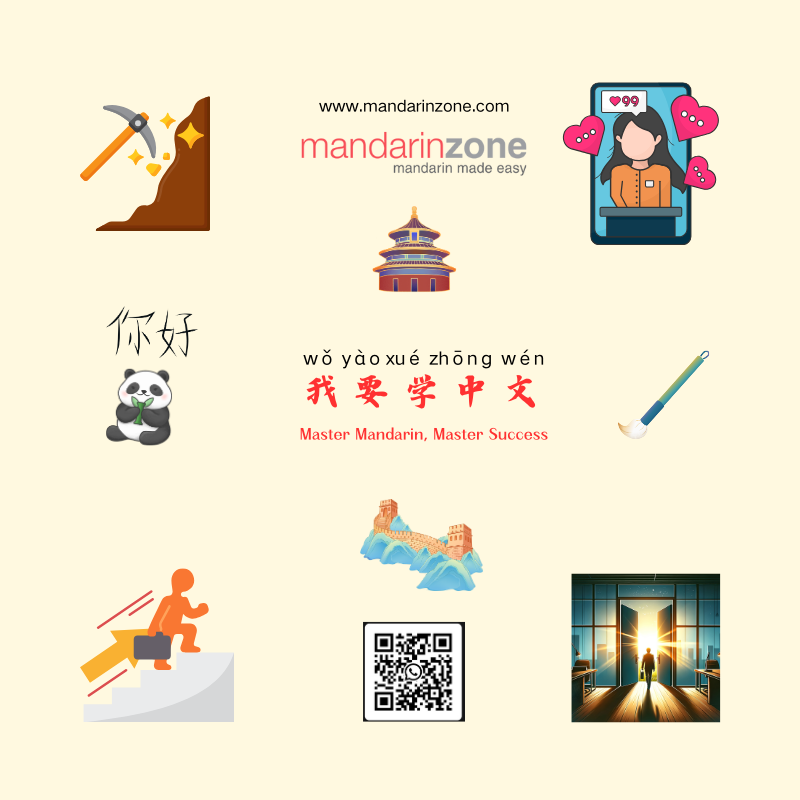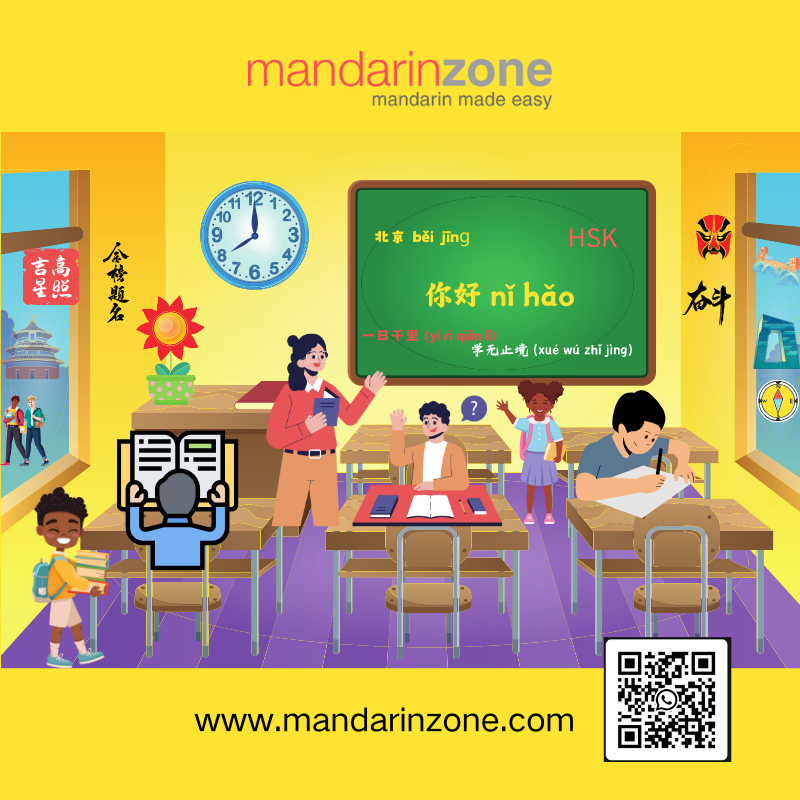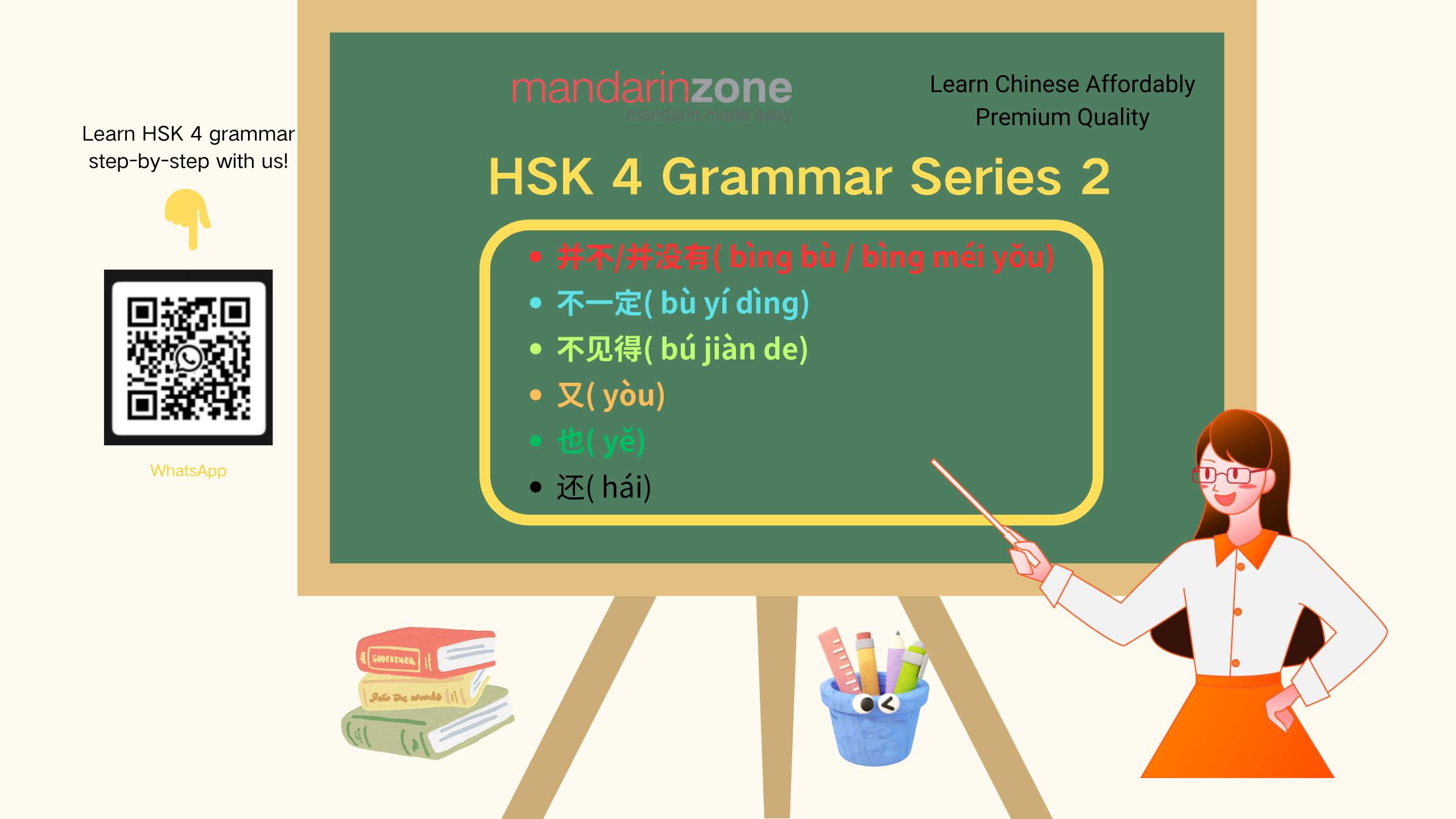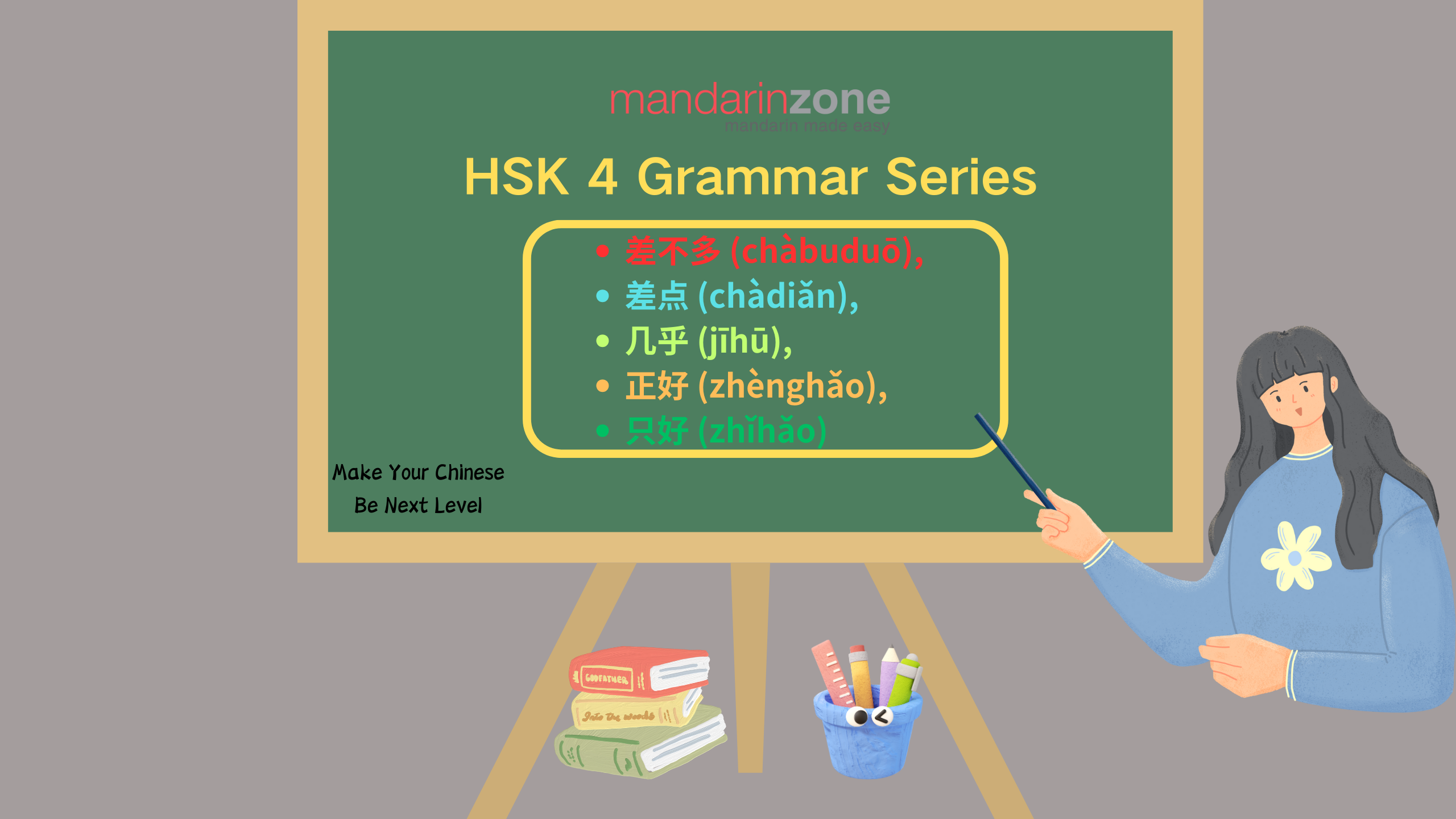How to Say Thank You in Chinese: A Complete Guide on Expressing and Responding to Gratitude
Whether you’re visiting China, interacting with Chinese speakers, or learning Mandarin, understanding the nuances of expressing gratitude is essential.
How to Say “Thank You” in Mandarin Chinese with Audio
Basic Ways to Say Thank You in Chinese
Learning how to say thank you in Chinese Mandarin is essential for daily communication. Whether you’re looking to translate ‘thank you’ in Chinese or master different ways to express gratitude in Chinese language, here are the most common thank you phrases used by native speakers:
- 谢谢 (xiè xie): The most basic and versatile way to say “thank you,” suitable for all situations. Pair “Xiè Xie” with a slight nod or bow for added respect.
.
- 多谢 (duō xiè): Similar to thanks. A slightly more formal version, often used with acquaintances or in polite contexts.
- 辛苦了 (xīn kǔ le): Meaning “you’ve worked hard,” it’s used to acknowledge someone’s effort, commonly said to colleagues or service staff.
These basic Chinese thank you expressions will help you navigate most social situations. While 谢谢 (xiè xie) is the standard way to say thank you in Chinese language, choosing the right expression shows your cultural awareness and respect for Chinese customs.
More Formal Phrases to Express Thank You in Chinese Language
In formal settings, especially in the workplace or when speaking to elders, you might use more respectful phrases:
- 非常感谢您 (fēi cháng gǎn xiè nín): A very formal way to say “thank you,” often used in business or official settings.
- 太感谢了 (tài gǎn xiè le): A stronger expression of deep gratitude, typically used with close friends or family. Similar Chinese for thank you very much!
How Do You Respond to “Thank You” in Chinese?
Responding to gratitude is just as important in Chinese culture. Modesty is highly valued, so you’ll often hear people downplaying the need for thanks. Common responses include:
- 不用谢 (bù yòng xiè): “No need to thank me,” a simple and polite reply.
- 不客气 (bù kè qì): The most common response, equivalent to “You’re welcome.”
- 没关系 (méi guān xì): “It’s no big deal,” used in casual situations.
- 没事儿 (méi shì er): A laid-back way to say “Don’t worry about it,” often between friends.
- 你太客气了 (nǐ tài kè qì le): “You’re too polite,” used when someone is overly thankful.
- 小意思 (xiǎo yì si): Literally “a small gesture,” used to downplay your effort.
- 谢啥 (xiè shá) and 客气啥 (kè qì shá): Very informal, playful responses used among close friends, meaning “No need to thank” or “Don’t be so formal.”
The Importance of Saying “Thank You” in China
Learning to say “thank you” in Chinese (谢谢 / Xiè Xie) is more than just learning words – it’s about understanding the cultural context that makes Chinese gratitude unique. Here’s what makes it special:
1. How Chinese Thank You Is Different
– More than words: Combined with gestures (slight bow, hand positions)
– Situation matters: Different phrases for different settings
– Cultural meaning: Goes beyond simple gratitude
2. Three Core Cultural Concepts
🔸 Face (面子 / Miàn Zi)
– Key to Chinese social interactions
– Proper thanks = Giving face to others
– Wrong timing or phrasing = Losing face
– Real example: Thanking a boss vs. thanking a friend
🔸 Social Harmony (和谐 / Hé Xié)
– Thanks maintains social balance
– Creates positive relationships
– Shows proper respect
– Example: Thanking someone multiple times for big favors
🔸 Reciprocity (关系 / Guān Xi)
– Thanks starts relationship cycles
– Builds long-term connections
– Creates future opportunities
– Common scenario: Business thank you leads to partnership
3. When and How to Show Gratitude
– Formal situations: Use complete phrases + slight bow
– Casual settings: Simple “谢谢” is fine
– Business: Combine verbal thanks with proper gestures
– Family: Actions often matter more than words
Quick Tip: Chinese people often show thanks through actions rather than words. Sometimes, a simple gesture can be more meaningful than elaborate phrases.
When to Use Different Thank You Phrases
Learn which Chinese thank you phrase fits each situation best.
1. Business & Formal Settings
🔹 Choose the right level of formality:
– Regular meeting → “谢谢” (Xiè xie)
– Important cooperation → “感谢您的合作” (Gǎnxiè nín de hézuò)
– Major help → “非常感谢您” (Fēicháng gǎnxiè nín)
2. Dining & Food
🔹 Match phrase to setting:
– Casual restaurant → “谢谢” (Xiè xie)
– Formal dinner → “感谢款待” (Gǎnxiè kuǎn dài)
– Friend’s home → “太麻烦你了” (Tài máfan nǐ le)
3. Daily Life & Public
🔹 Keep it simple:
– Quick thanks → “谢谢” (Xiè xie)
– Among friends → “谢啦” (Xiè la)
– Small favor → “麻烦你了” (Máfan nǐ le)
Reference Box:
👉 See “Non-Verbal Ways” section for proper gestures
👉 Check “How to Respond” section for reply phrases
👉 Visit “Practical Tips” for detailed usage guides
Ready to Learn Chinese? Message Us!
4. Non-Verbal Ways to Express Gratitude in Chinese Language
In China, actions often speak louder than words when it comes to expressing gratitude. Non-verbal gestures play a significant role in showing appreciation.
Gift-Giving
- Presenting Small Gifts: Offering small tokens like tea, fruit, or souvenirs to express thanks after receiving help or hospitality.
- Gift Taboo: Be mindful of gift-giving customs, such as avoiding clocks or umbrellas due to superstitious meanings.

Using Both Hands
- Receiving and Giving with Both Hands: Whether handing over a business card, a gift, or a document, using both hands shows respect and appreciation.
Body Language
- Nodding and Smiling: Simple gestures like a sincere smile or nod can convey gratitude and respect.
- Bowing Slightly: A slight bow can express deep thanks, especially in formal situations.

Dining Etiquette
- Pouring Tea: Filling others’ teacups, especially for elders or guests, is a sign of respect and gratitude.
- Offering Food: Serving dishes to others at the table shows care and appreciation.
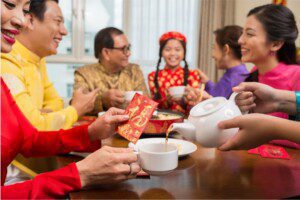
Seeing Guests Off
- Walking Guests Out: Accompanying guests to the door, elevator, or even downstairs demonstrates gratitude for their visit.
- Waving Goodbye: Staying until the guest is out of sight reflects politeness and appreciation.
Ready to Learn Chinese? Message Us!
5. Expressing Thank You During Chinese Festivals
Festivals are opportune times to show gratitude through traditional customs and gifts.
Chinese New Year
- Red Envelopes (红包 hóng bāo): Elders give red envelopes containing money to younger family members, symbolizing good luck and expressing care.
- New Year Greetings: Saying “过年好 (guò nián hǎo)” or “新年快乐 (xīn nián kuài lè)” to wish others a happy new year.
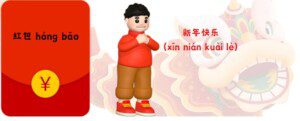
Mid-Autumn Festival
- Exchanging Mooncakes: Giving mooncakes to family and friends symbolizes unity and expresses appreciation.
- Family Reunions: Spending time with loved ones during the festival is a profound way to show gratitude.
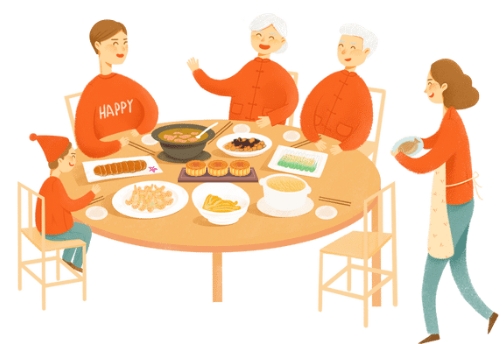
6. Modern Ways to Say “Thank You” in China
With technological advancements, expressing gratitude has evolved.
WeChat Gratitude
- Sending Thank-You Messages: Quick texts expressing thanks are common, such as “谢谢你帮助我!(xiè xie nǐ bāng zhù wǒ!)”
- Emojis and Stickers: Using smiley faces or thank-you stickers adds a personal touch.
- WeChat Red Envelopes: Sending digital red envelopes as a token of appreciation.
Urban Lifestyle Changes
- Formal Communication: With busier schedules, people may opt for thank-you emails or messages instead of face-to-face interactions.
- Less Neighborly Interaction: In big cities, community bonds are weaker, reducing everyday opportunities to express gratitude.
7. Practical Tips: How to Express and Respond to Gratitude in China
In the Workplace
- Thank-You Emails: After receiving assistance, send a polite email expressing your gratitude.
- Small Gestures: Offer to buy coffee or bring snacks after completing a project.
With Friends
- Treating to a Meal: Inviting friends out is a common way to say thanks.
- Reciprocity: Saying “下次我请你 (xià cì wǒ qǐng nǐ)” meaning “I’ll treat you next time.”
Mistakes to Avoid
- Overly Expensive Gifts: May make the recipient uncomfortable.
- Being Too Casual in Formal Settings: Always maintain appropriate levels of formality.
- Inappropriate Gifts: Avoid items with negative connotations in Chinese culture, like clocks or sharp objects.
8. Conclusion: Gratitude as a Bridge to Cultural Understanding
Understanding how to express and respond to gratitude in China is crucial for building relationships and showing respect. Whether through words, actions, or digital means, your efforts to appreciate Chinese customs will be warmly received. Embracing these practices not only helps you navigate social situations smoothly but also deepens your connection with Chinese culture.
About Mandarin Zone
You can test your common Chinese characters skill
At Mandarin Zone Language School, we specialize in teaching Mandarin and Chinese culture to foreigners. Our experienced instructors provide personalized lessons to help you navigate social situations with confidence.
Interested in learning more? Contact us to sign up for a free trial lesson!
Ready to Learn Chinese? Message Us!
Common Mandarin Expressions of Gratitude – FAQs
What is the most common way to say thank you in Mandarin?
The most common way to say thank you in Mandarin is ‘谢谢’ (xiè xie), which is versatile and suitable for most situations.
How do you respond to ‘谢谢’ in Chinese?
Common responses include ‘不用谢’ (bù yòng xiè), ‘不客气’ (bù kè qì), and ‘没关系’ (méi guān xì), which mean ‘No need to thank me,’ ‘You’re welcome,’ and ‘It’s no big deal,’ respectively.
Are there non-verbal ways to express gratitude in Chinese?
Yes, non-verbal ways include gift-giving, using both hands to present or receive items, nodding and smiling, bowing slightly, and practicing proper dining etiquette.
How is gratitude expressed during Chinese festivals?
During Chinese festivals like Chinese New Year and Mid-Autumn Festival, gratitude is expressed through customs such as giving red envelopes (红包 hóng bāo), exchanging mooncakes, and participating in family reunions.
